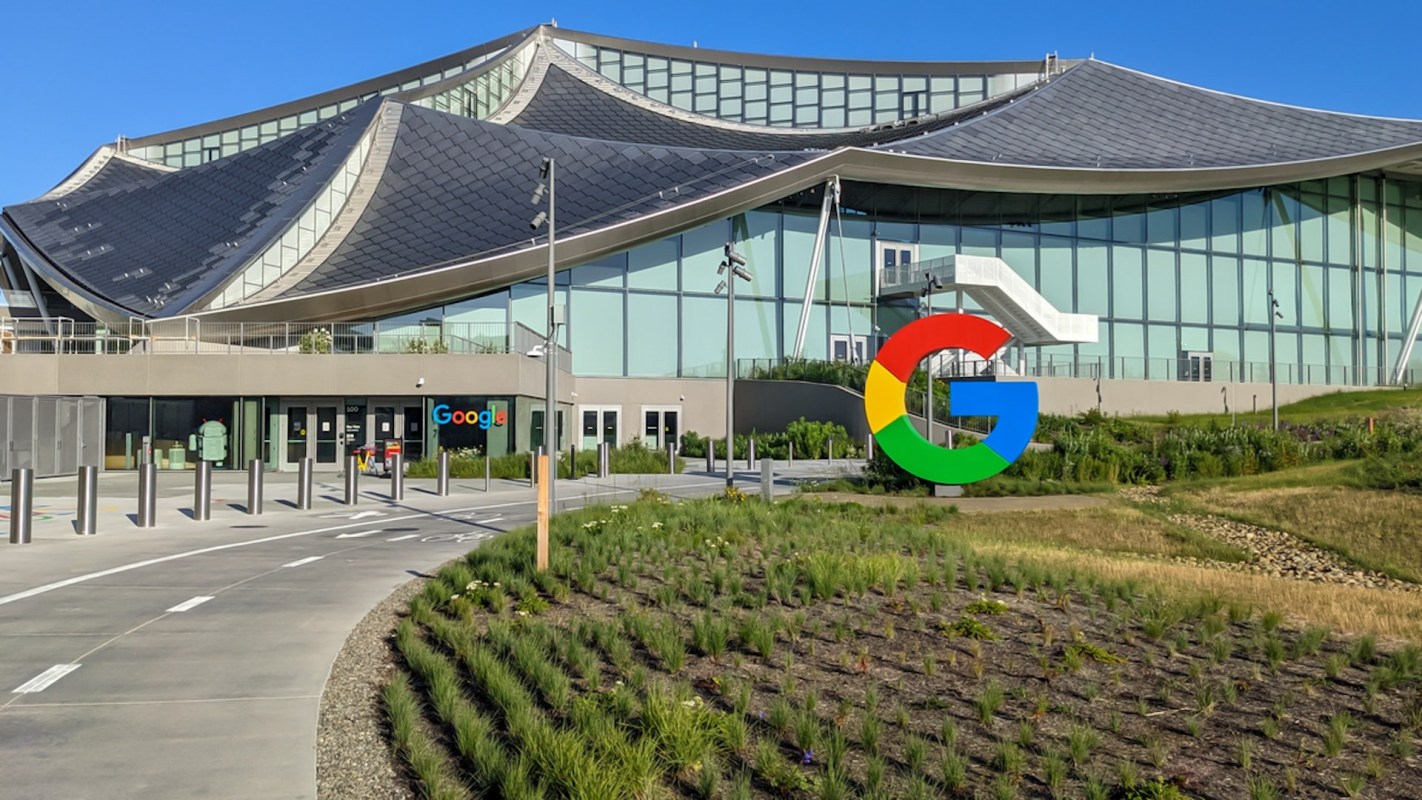Tech giants Microsoft and Google have teamed up with steel producer Nucor to fund clean energy projects that could help the companies mitigate the amount of damage they cause to the environment.
The three companies have jointly issued an Advanced Clean Energy request for information, or RFI, to find new clean energy technologies, which could range from "advanced nuclear" to "next-generation geothermal, clean hydrogen, long-duration energy storage [and] others."
"If there is a project or technology that can meet the criteria specified in the RFI to provide the clean, firm power we need, we are eager to hear from them," the initiative's representatives said in a statement.
Microsoft and Google have been making noise for years about becoming carbon-neutral — which is to say, making no net additions to the continued overheating of our planet — but have had difficulty putting this idea into practice, as their large businesses both generate massive amounts of planet-overheating gases. In 2021, for example, Microsoft released 15.2 million tons of carbon dioxide equivalent into the atmosphere, as GeekWire reported.
Much of Microsoft's and Google's efforts to move toward carbon neutrality so far have centered on buying "carbon credits," an imperfect method used by companies to account for their environmental damage in which a polluting company pays money to a company that is doing good for the planet, in theory canceling out the pollution.
Recent reporting has shown, however, that these carbon credits are often not what they are presented to be, since reducing pollution is the most important factor, and attempting to offset with one of the most common actions, the planting of forests, does not guarantee that carbon will remain captured for very long (with the obvious example being the risk for forest fires). Further, a lot of carbon emissions from energy industries such as coal and natural gas come with additional environmental toxins that are bad for human and animal health, beyond just how they cause the atmosphere to trap more heat. Carbon credits only go so far.
According to nonprofit watchdog organization Corporate Accountability, "more than 90% of the carbon offsets" purchased by oil giant Chevron through carbon credit company Verra "seem to be worthless" and should be "presumed 'junk' until proven otherwise."
That does not mean all or even most carbon credit organizations would fall under that same designation or even close to it, of course, or even that Verra has not taken steps to improve its operations. Many organizations that sell carbon credits do a world of good. But it highlights how carbon credits should not be seen as truly canceling out carbon pollution free and clear, with the companies able to wash their hands of it and whistle away to the bank.
While carbon credits are far better than wrecking the environment like The Lorax's Once-ler with no effort to make up for it until it's too late, those imperfections are why it is such good news that these two large companies causing so much pollution are now looking to fund ways to produce clean energy instead of effectively paying to plant trees to mitigate their impact. A holistic approach that involves reducing pollution first and foremost but also carbon capture efforts and funding renewable energy solutions is much more likely to lead to sustainable and lasting effects on the companies' net-zero goals.
Join our free newsletter for cool news and actionable info that makes it easy to help yourself while helping the planet.









